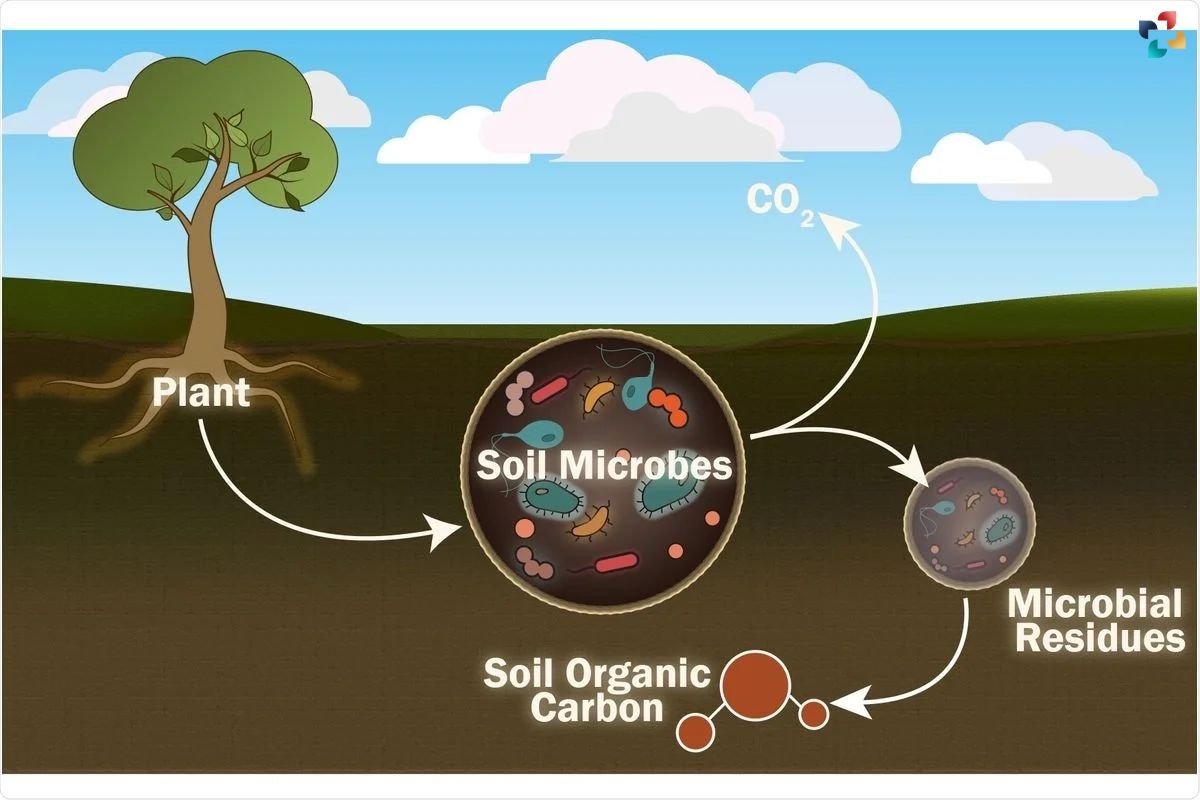Source-AZoLifeSciences
In the unassuming depths of the soil, a fierce battle rages on, a battle with far-reaching implications for our planet’s climate change. As humanity continues its reliance on fossil fuels, the delicate equilibrium of life on Earth is being fundamentally altered. Amidst this transformation, trees, the guardians of our atmosphere, are responding in unpredictable ways. While many trees are growing faster due to increased levels of carbon dioxide (CO₂) in the air, iconic forest giants like Australia’s eucalyptus trees are not reaping the expected benefits.
Unveiling the Findings: Insights from the EucFACE Experiment
In a groundbreaking study published in Nature, researchers shed light on this enigma, uncovering a below-ground battleground for phosphorus, a vital mineral nutrient crucial for tree growth. Utilizing data from the EucFACE experiment conducted by Western Sydney University, scientists delved into the heart of a century-old woodland in Sydney’s Hawkesbury district. Over six years, CO₂ levels were elevated to those expected by 2050, simulating a future scenario under current emission trajectories.
Previous observations from the experiment had revealed that despite heightened CO₂ levels, woodland trees failed to exhibit enhanced growth. Suspecting a link to phosphorus availability in the soil, researchers embarked on a meticulous investigation. Their findings unveiled a startling reality: under elevated CO₂ conditions, soil microbes retained a greater portion of phosphorus, leaving less for tree uptake. Despite trees attempting to negotiate for phosphorus by releasing additional carbon into the soil, the imbalance persisted, thwarting anticipated growth.
Implications for Climate Change and Beyond
The ramifications of these findings reverberate throughout the scientific community and beyond. Current climate projections, hinging on increased forest growth as a buffer against climate change, may need revision in light of this discovery. With forests serving as crucial carbon sinks, any disruption in their growth patterns could amplify the impacts of global warming.
However, while these results paint a sobering picture, they underscore the importance of holistic ecosystem management. Recognizing the intricate interplay between soil dynamics and tree growth, researchers advocate for a deeper understanding of phosphorus availability, particularly in tropical rainforests where its scarcity is pronounced.
As new experiments emerge worldwide to validate these findings, one thing remains clear: the battle beneath our feet holds the key to unlocking a sustainable future for our planet. By nurturing our soils and safeguarding our forests, we embark on a journey towards resilience in the face of climate change.







